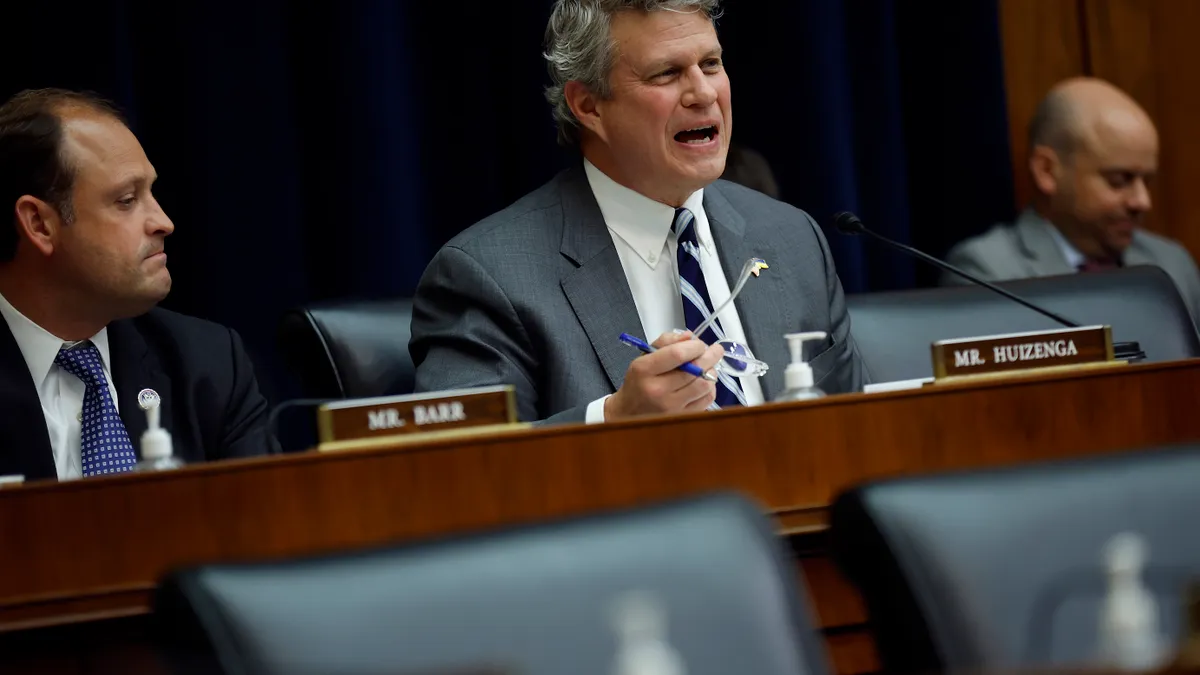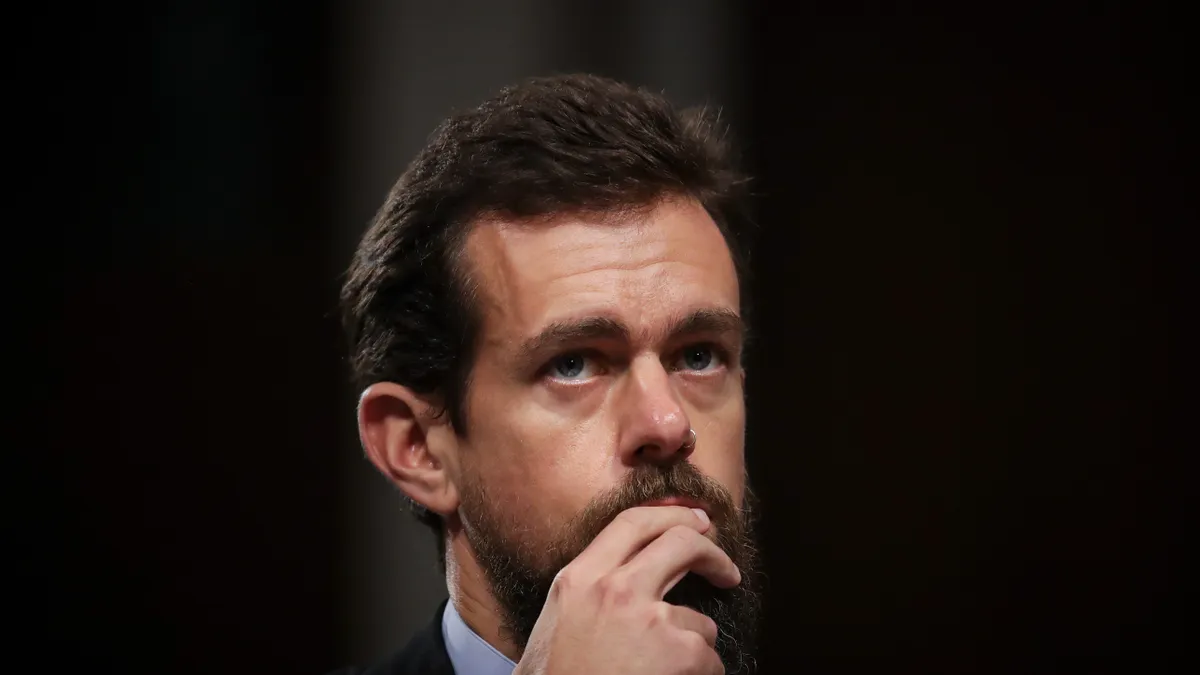Bill Holdings had been planning on increased work from Bank of America, but now that plan is up in the air, the CEO for the bill-pay fintech said last week.
Bill, which provides bill-pay and other accounting software services to small and mid-sized businesses, had been working with Bank of America to expand beyond servicing just the bank’s new SMBs to more broadly provide its services to SMBs that are BofA clients.
But now that plan is in flux. The bank notified Bill last month that it was changing its company-wide approach to payments, Bill executives told analysts during the company’s fiscal second-quarter call Thursday. The Bill executives suggested that would affect a contract the companies have for increasing their work together.
“We had an agreement and a plan that we were working on with the bank, and we were executing across that over the last six months, and then just last month, things changed,” Bill CEO René Lacerte said in answering an analyst question on the webcast. “The bank shared their recent decision to broaden their firm-wide strategy around payments, and so we are now, together, working through how this will impact the serving of those existing customers.”
San Jose, California-based Bill provides business-to-business software services to SMBs that assist the small and mid-sized companies with bill-pay, invoicing and employee expense management, among other finance functions. Bill offers its software directly to SMBs, and also through other companies, including major banks and accounting firms. In addition to Bank of America, its clients include JPMorgan Chase, as well as American Express, according to Bill’s quarterly filing with the U.S. Securities and Exchange Commission last week.
The company’s second-quarter net loss narrowed to $40.4 million, relative to the year-earlier period, on a 22% revenue increase to $318.5 million.
During the call, Bill’s executives were pelted with repeated questions from analysts about how the BofA contract may be changing. When pressed by a second analyst to be more explicit about the future of the Bank of America tie, Lacerte made clear that Bill is uncertain as to where the relationship is headed.
“This will impact that expansion opportunity, and we are working now to understand how it will,” Lacerte said. “When it comes to, kind of, the overall contract terms, we have a contract and we're going to continue to work against that contract until we have something different.”
In answering a third analyst on the topic, Lacerte said: “It's early days, so unfortunately, I can't say more than that, because we're just like, literally, last month is when we kind of understood that this was a change on their side.”
In August, Bill’s executives told analysts on a prior earnings call that the relationship with the bank was expanding to add more existing BofA customers to Bill’s digital platform.
“Together with BofA, we will both be accelerating our investments to address this very large market opportunity,” Bill Chief Financial Officer John Rettig said on the fiscal fourth-quarter call in August. “While this impacts our fiscal 2024 revenue and profitability, we expect it to unlock a significantly larger revenue opportunity in the future and accelerate the adoption of financial operations for SMBs.”
Bill’s financial situation has been stressed lately. In December, the company cut 15% of its workforce, and shuttered its Sydney, Australia-based office to better focus on priorities and jump-start profitability.
Bill’s also faces increased competition from other fintechs and legacy players, including from former partner Intuit, which opted last year to call off a six-year marketing and embedded bill-pay partnership.
Bill management’s outlook for the remaining two quarters of the fiscal year wasn’t rosy either, despite some recent gains in total payments volume.
“If you look at the overall TPV, while we had good growth year over year, it was not what it should have been because the largest businesses are still spending less than they were a year ago,” Lacerte said. “That declining rate is less than it had been in prior quarters,” he added, explaining that that fact gives the company’s executives confidence that the company can “weather the storm.”
Rettig doubled down on the cautious outlook in the current economic environment.
“We think a conservative framework is warranted, given the signs that we've seen so far in this macro environment,” Rettig said. “The TPV results in the second quarter were ahead of our expectations, which is encouraging, but it feels a little bit early to suggest that it's expansion from here so we're expecting some choppiness ahead.”
Bank of America spokespeople didn't immediately respond to a request for comment.



















